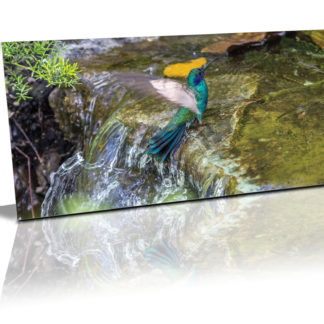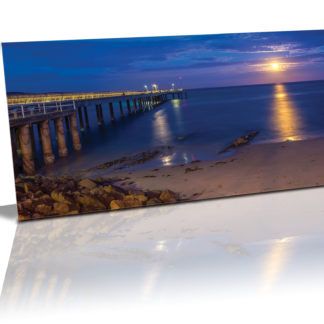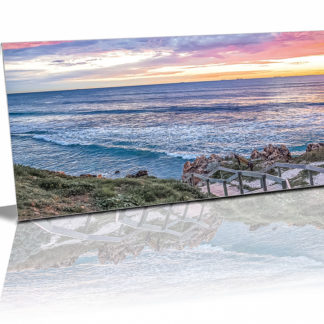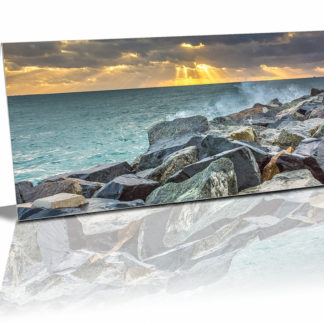Due to popular request, here are photos and information about our home-grown sow thistle.
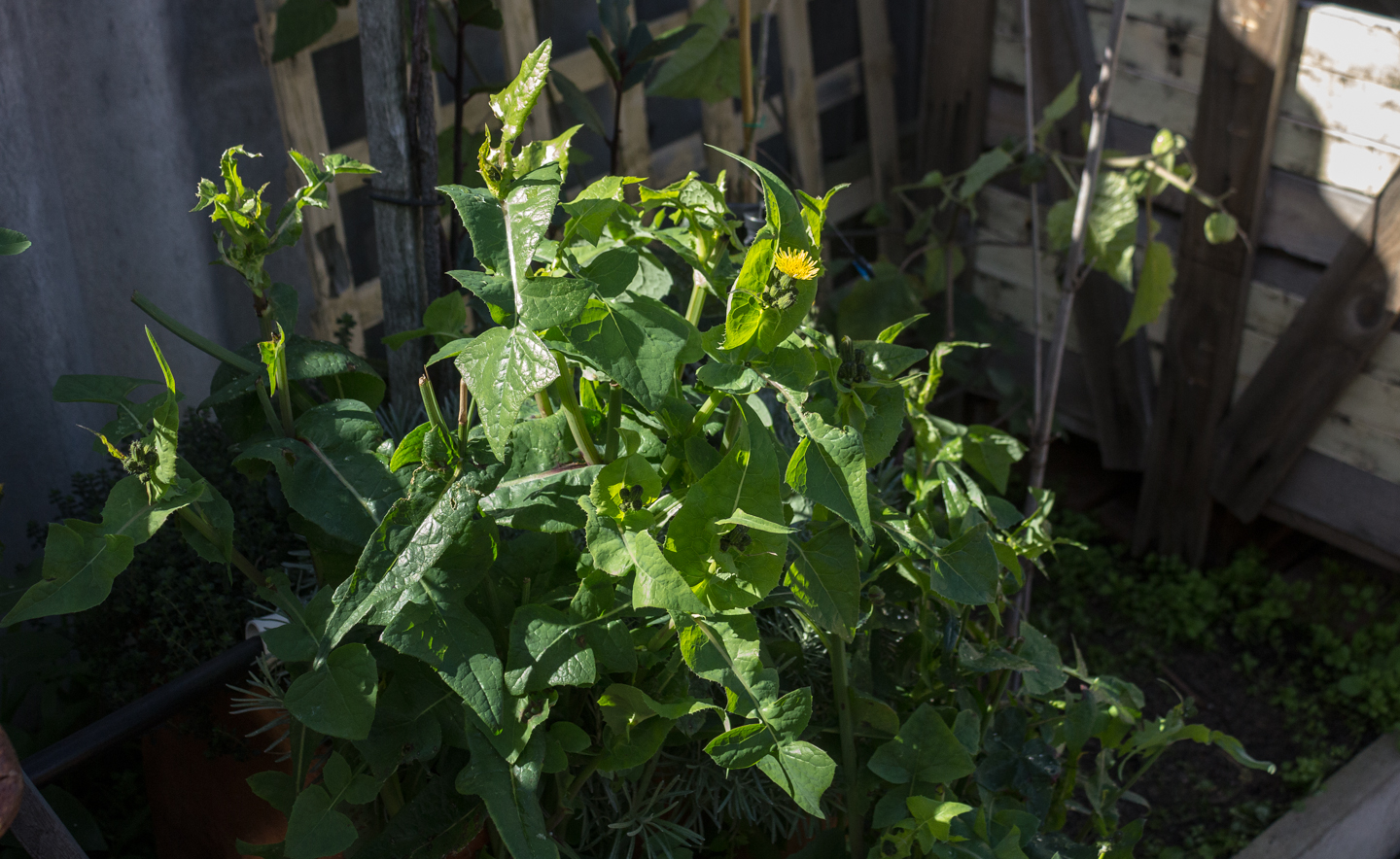
I am not an expert, I like to share what I have learnt and experimented on ourselves=p
Please scroll down or click “continue reading” for more photos and information about sow thistle.
I thought best to show you different views and close-ups of the weed so that it’ll help you identify it yourself:)
Enjoy,
Grace-yi
The best thing about this plant is that it grows in poor, sandy and dry soil and seem to thrive on neglect!
Just make sure you don’t use weed poison in your garden or anything you don’t want to be eating 😉
We use organic solutions for our pest and manually pull the weeds in our garden and now from garden to the plate :p
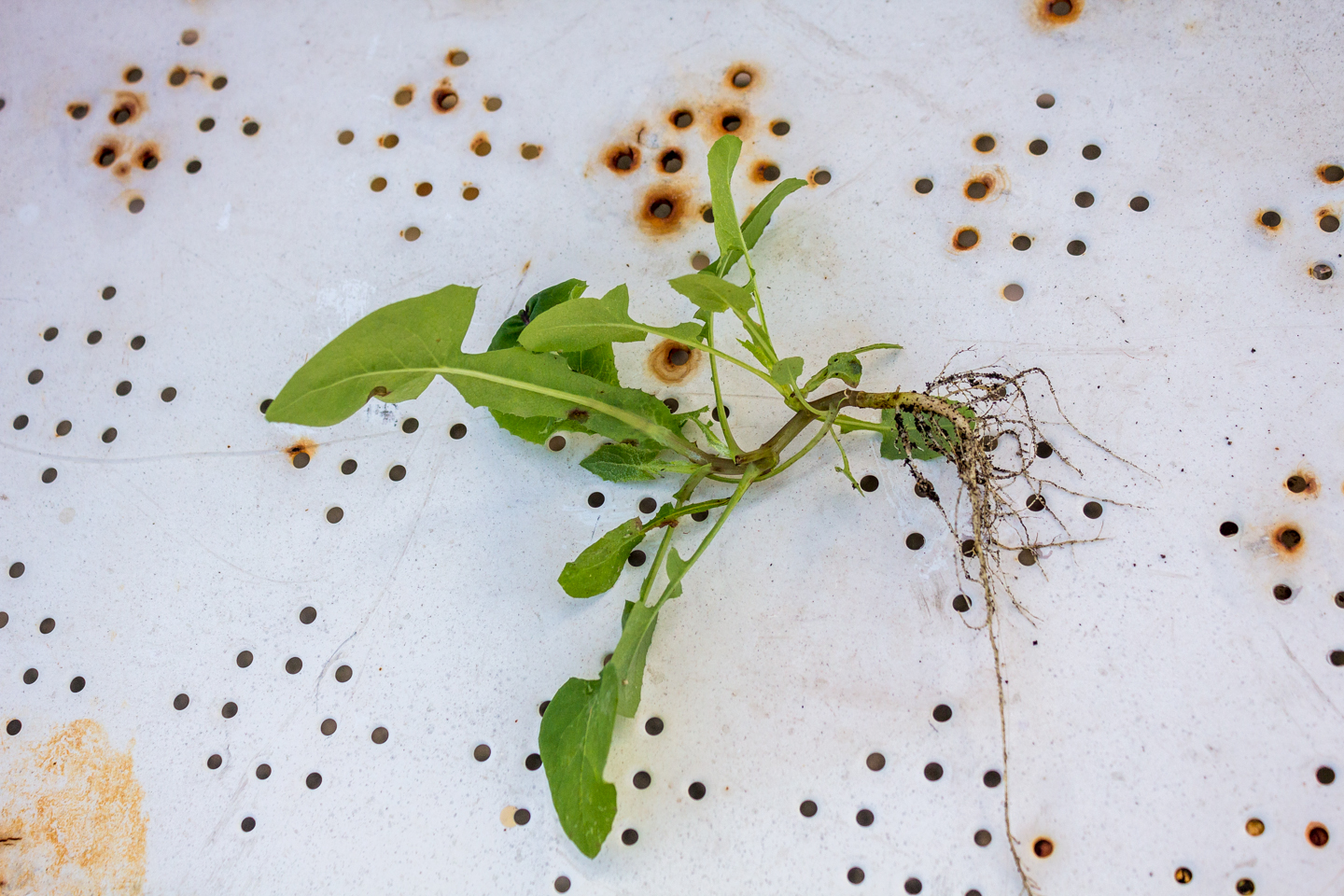
If you don’t like bitterness in your veg, I suggest you harvest it when it is young before the plant bolts and goes to flower. though there is not much to eat =p
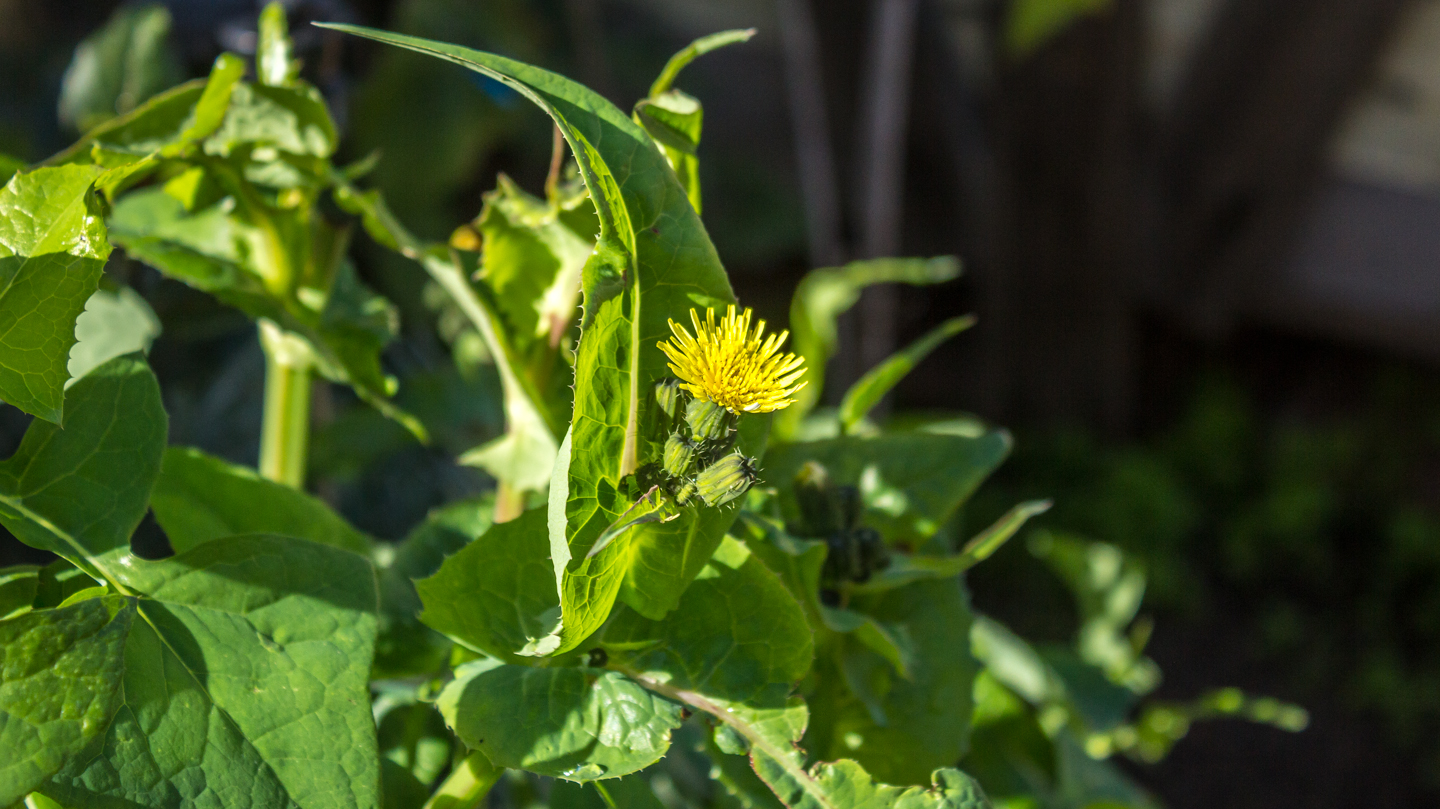
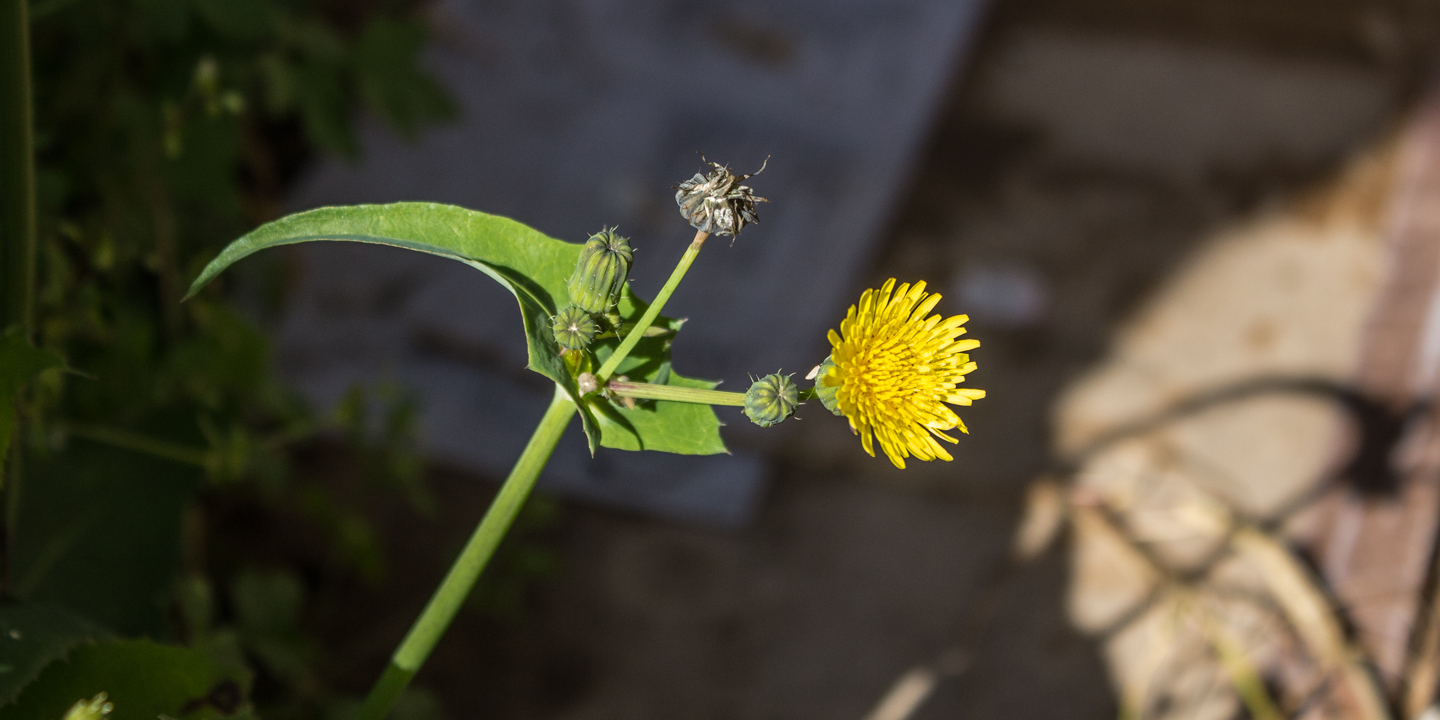
However if you like the bitterness of kale, then harvest the leaves and flower from the older plant.
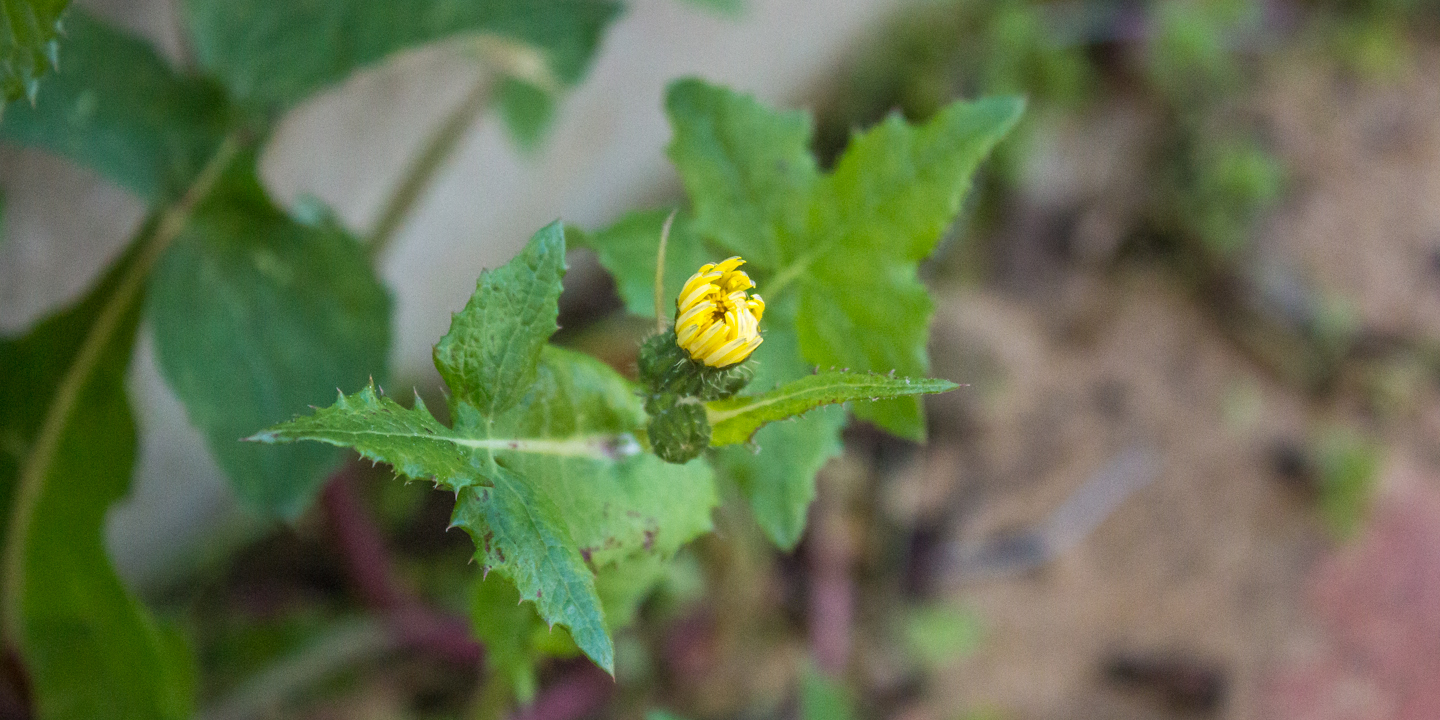
The older plant has the texture of spinach and taste like kale when cooked.

Note: I found that if I use my fingers to pinch off the leaves easily, it shouldn’t be too tough to chew.
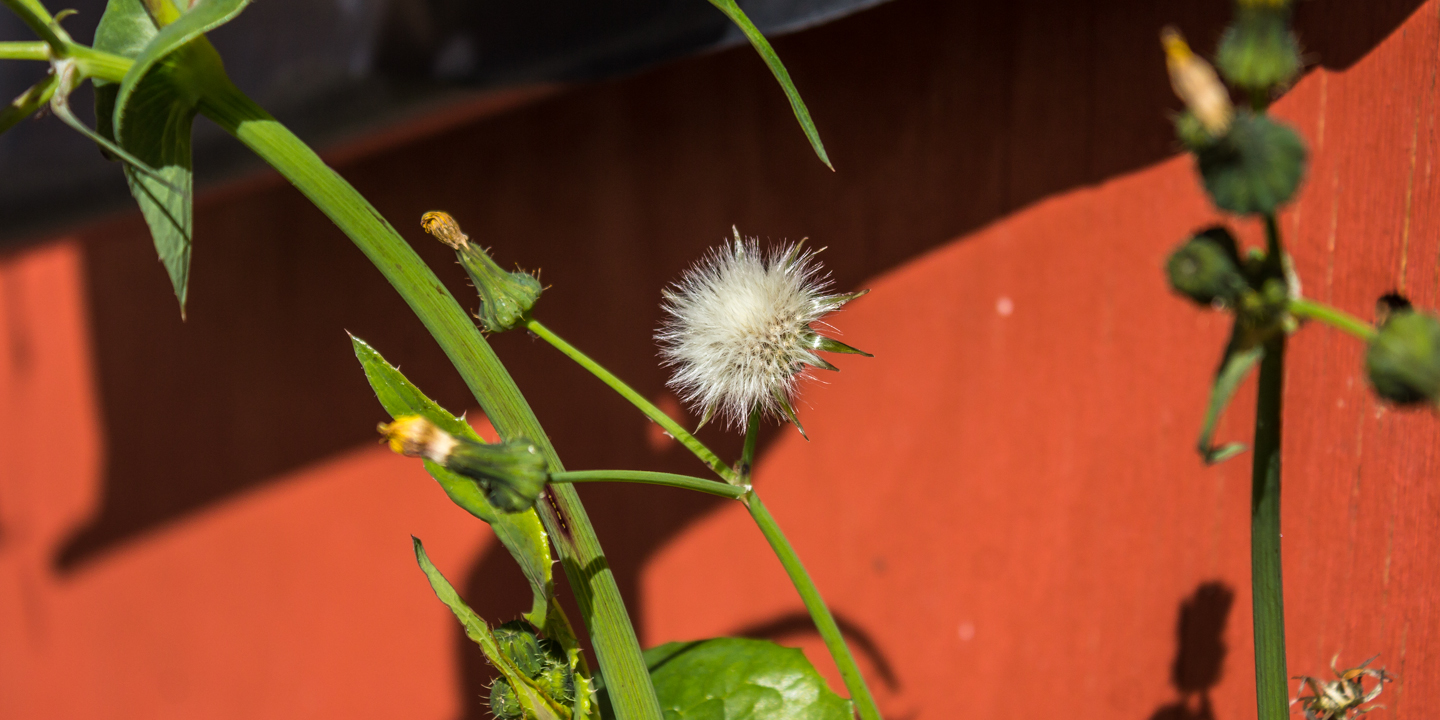
Ideally you won’t let it get to the fluffy seed heads unless you want more than you can eat =p It is really hard to dead head them when they are at this stage.
The best you can do is hold the stem below the fluffy seed head very firmly and snip under where you hold with as little movement to the seed head as possible.
Also helps to help a bucket near by to put it into for the green bin.
I use to not want to waste any of them and just went around the whole garden and dead headed them all..
Only to find they re-flowered the next week!
So we are now pulling them out and leaving them to grow in only 1 area and we’ll dead head those if we can’t eat them fast enough 😉
Base on healing weeds blog
It contains, per 100 g
- 30 mg of vitamin C
- 1500 mg of Calcium
- 45 mg of Iron.
The dried leaves contain up to 28 g of protein per 100 g – a great nutritional supplement.


